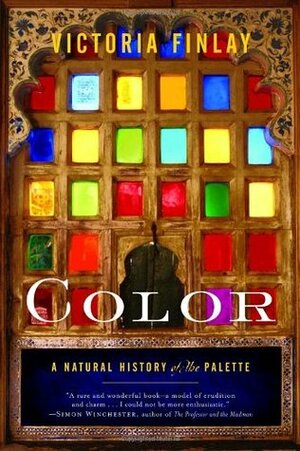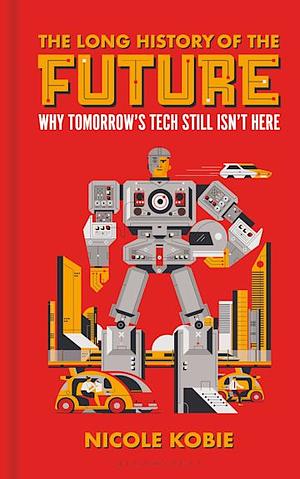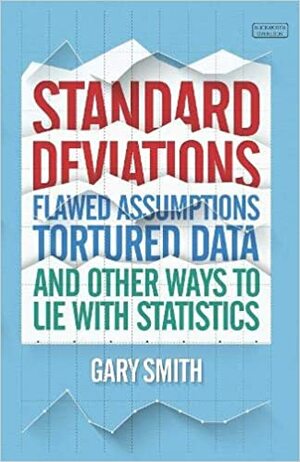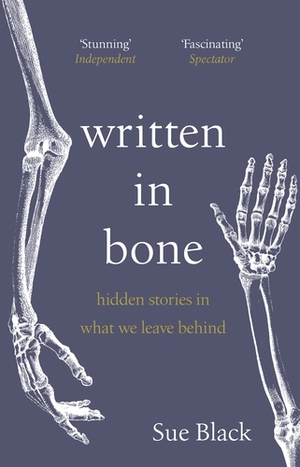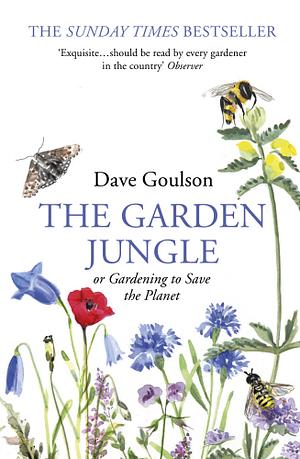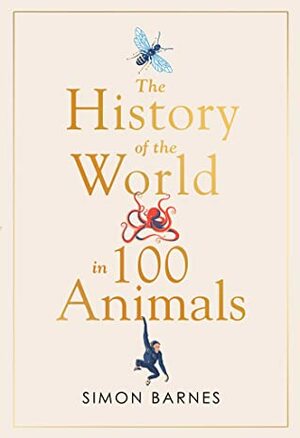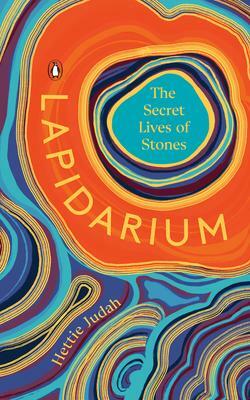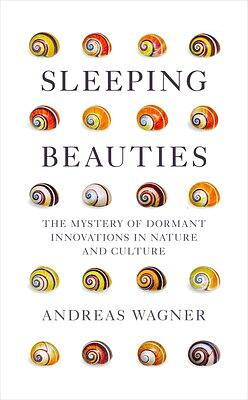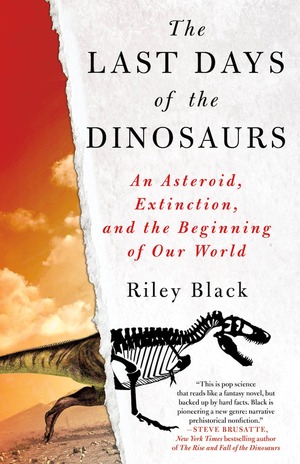
The Last Days of the Dinosaurs: An Asteroid, Extinction, and the Beginning of Our World
by Riley Black
Genres: Non-fiction, SciencePages: 304
Rating:

Synopsis:In The Last Days of the Dinosaurs, Riley Black walks readers through what happened in the days, the years, the centuries, and the million years after the impact, tracking the sweeping disruptions that overtook this one spot, and imagining what might have been happening elsewhere on the globe. Life’s losses were sharp and deeply-felt, but the hope carried by the beings that survived sets the stage for the world as we know it now.
Picture yourself in the Cretaceous period. It’s a sunny afternoon in the Hell Creek of ancient Montana 66 million years ago. A Triceratops horridus ambles along the edge of the forest. In a matter of hours, everything here will be wiped away. Lush verdure will be replaced with fire. Tyrannosaurus rex will be toppled from their throne, along with every other species of non-avian dinosaur no matter their size, diet, or disposition. They just don’t know it yet.
The cause of this disaster was identified decades ago. An asteroid some seven miles across slammed into the Earth, leaving a geologic wound over 50 miles in diameter. In the terrible mass extinction that followed, more than half of known species vanished seemingly overnight. But this worst single day in the history of life on Earth was as critical for us as it was for the dinosaurs, as it allowed for evolutionary opportunities that were closed for the previous 100 million years.
Riley Black’s The Last Days of the Dinosaurs is not entirely about dinosaurs — in fact, a large chunk of it is about what came after the dinosaurs, the period of renewal in which the avian dinosaurs and mammals recovered from the Chicxulub impact and dinosaurs didn’t.
The main body of the text is an imaginative reconstruction, based on the data we have, choosing examples from particular species to illustrate how the impact (and aftermath) affected different kinds of animals, and how some may have survived. It’s followed by an appendix which discusses some of the scientific evidence behind the reconstruction. None of this is footnoted or explicitly linked in any way to a specific source, unfortunately (though it accords with my knowledge as far as that goes).
So as a casual read for laypeople, this is fine — Black’s writing is clear and her enthusiasm for the subject spills out at all turns, but for those who read a claim and then want to see what it’s based on, this would be pretty frustrating.
Rating: 3/5

